4 Reasons Why Electric Car Charging Slows Down
Electric cars have quickly become an eco-friendly alternative to gasoline-powered vehicles in recent years, as more people seek them as an environmental solution. Unfortunately, charging speeds don’t always meet expectations; here we discuss possible causes and potential strategies to optimize charging speed.
Why Do People Want Faster Electric Car Charging?
EV chargers have become an essential part of modern life, providing us with convenient ways to power our electric vehicles both at home and while out and about. As demand for electric vehicles rises, so do fast charging solutions. DC electric car chargers were created as an efficient means of rapidly filling electric cars to speed up their journey on the road. Electric car charger manufacturers are dedicated to creating fast chargers to meet the charging needs of electric vehicle drivers, such as DC electric vehicle chargers. Many DC EV chargers can now be found across public highways, gas stations, and homes, with charging time being one of the key factors when considering purchasing one of these charging stations. Below, we explore seven reasons why EV charging may take longer than anticipated.
Four Reasons Why Electric Vehicle Charging Is Slow?
1. Types of Electric Vehicle Chargers
Your charging speed largely depends on the type of charger used to recharge your EV. While Level 2 AC chargers provide convenience to EV drivers, more advanced solutions, such as Level 3 stations, provide faster charges.
2. Extreme Temperatures
Extreme temperatures can have an enormous effect on charging times for electric vehicles because their batteries are sensitive to changes in temperature. Cold environments especially reduce their efficiency; to mitigate this issue, park your electric car in a garage or warm environment before charging and precondition the battery beforehand.
Temperature plays a large role in the charging speed of electric vehicles. At low temperatures, chemical reactions within the battery slow down significantly, hindering its ability to receive a charge efficiently while increasing internal resistance, which further delays charging time. To solve this problem, some EV charger providers recommend parking the vehicle in a warmer location or using an active thermal management system to heat the battery.
Overheating the battery while charging an EV in hot weather can significantly slow down charging. To help avoid overheating during charging, EV battery manufacturers utilize cooling systems to dissipate excess heat during the charging process.
3. State of Charge (SOC)
The charging speed of an EV is highly dependent on the battery’s state of charge (SOC) or the amount of power already stored. At lower SOC levels, less energy is stored internally, so current can flow into the battery more quickly. Conversely, at higher SOC levels, the battery reacts slower, causing the current to arrive more slowly, which significantly reduces the overall charging rate.
4. Battery health and longevity:
The charging efficiency of an EV is directly affected by the health and life of the battery. An increase in internal resistance indicates poor health and will reduce charging efficiency due to greater resistance from current flowing through it; further, this generates heat, diminishing charging efficiency.
Aging electric vehicle batteries may hinder charging speeds due to factors like reduced capacity, increased internal resistance, difficulties managing temperature, and reduced charge and discharge efficiency.
As such, EV charger owners can take steps to extend battery life, such as employing effective thermal management strategies and charging strategies. By taking these measures, users can experience more efficient charging performance while lengthening their battery lifespan.
Conclusion
Selecting the appropriate charger is critical to optimizing the charging speed of an electric vehicle. A good charger ensures steady current delivery, reducing energy loss while keeping batteries healthy—something many owners of electric cars take for granted! A healthy battery stores and releases energy more effectively, improving charging efficiency. Therefore, adopt scientific charging strategies, such as avoiding over-discharging/overcharging of batteries; charging when temperatures permit charging; speeding up charging, and providing regular battery maintenance that ensures stable long-term battery performance.

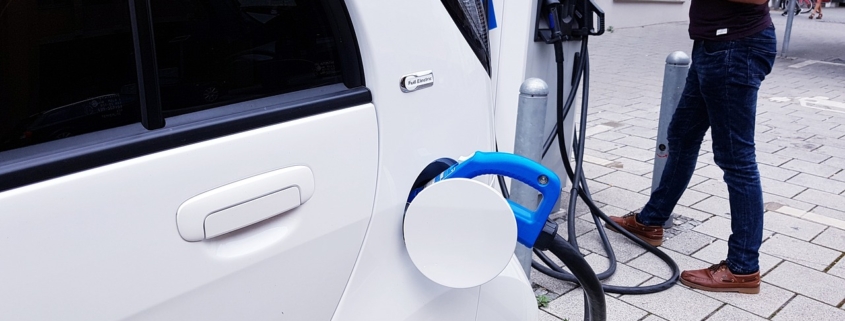
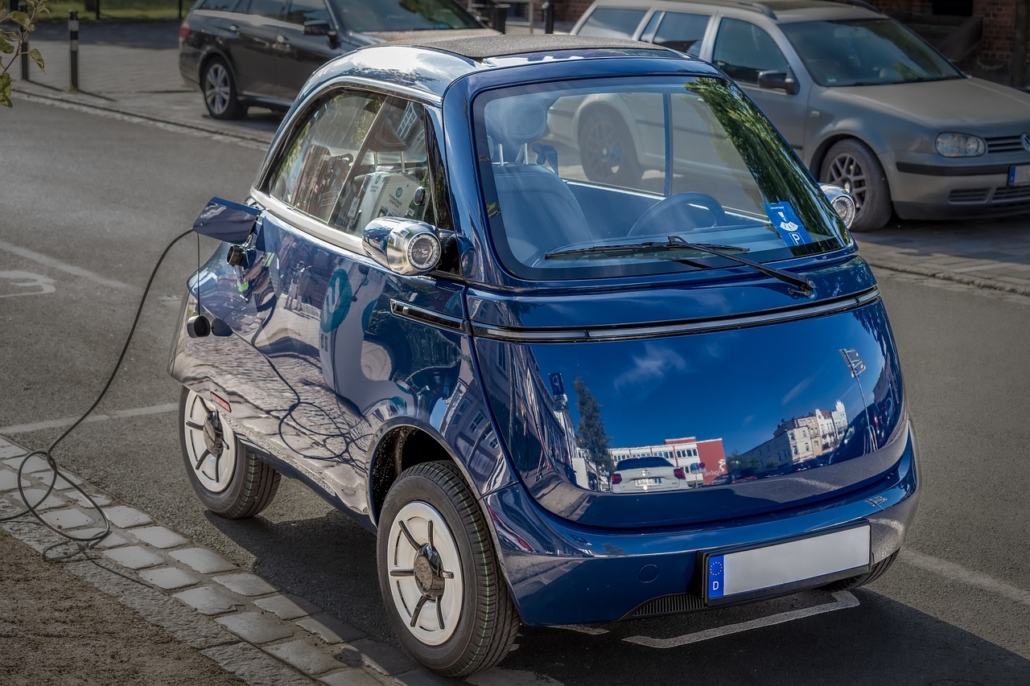
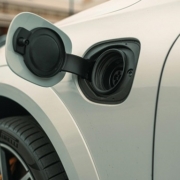
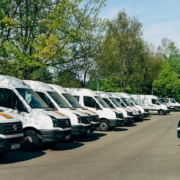
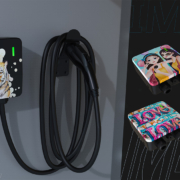
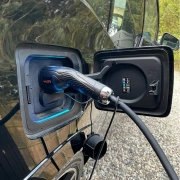
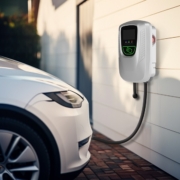
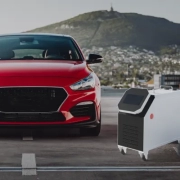


Leave a Reply
Want to join the discussion?Feel free to contribute!